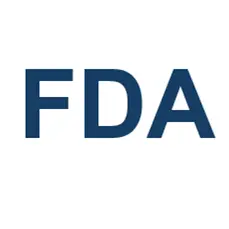Folate is a water-soluble B vitamin known as vitamin B9 that is naturally present in some foods or added to others in the form of folic acid.
Folate (Vitamin B9)
Found In
- Beans and peas (e.g., kidney beans and black-eyed peas)
- Beef liver
- Beverages
- Breads
- Fortified cereals
- Fruits and fruit juices (e.g., oranges and orange juice)
- Meal replacements
- Nuts (e.g., walnuts)
- Vegetables (e.g., asparagus, brussels sprouts and dark green leafy vegetables such as spinach and mustard greens)
Also Known As
- Calcium-L-Methylfolate
- Folacin
- Folic Acid
- Pteroylmonoglutamic Acid
- Vitamin B9
The Beverage Bottom Line
Folate (vitamin B9) is authorized for use in the U.S., Europe and Canada.
This ingredient may have authorizations in countries not included on this site.
International Assessments and Authorizations

Joint FAO/WHO Expert Committee on Food Additives (JECFA)
Safe for intended uses.
Essential nutrients may be appropriately added to foods for various purposes.
This page was last updated on 6/30/2025.



